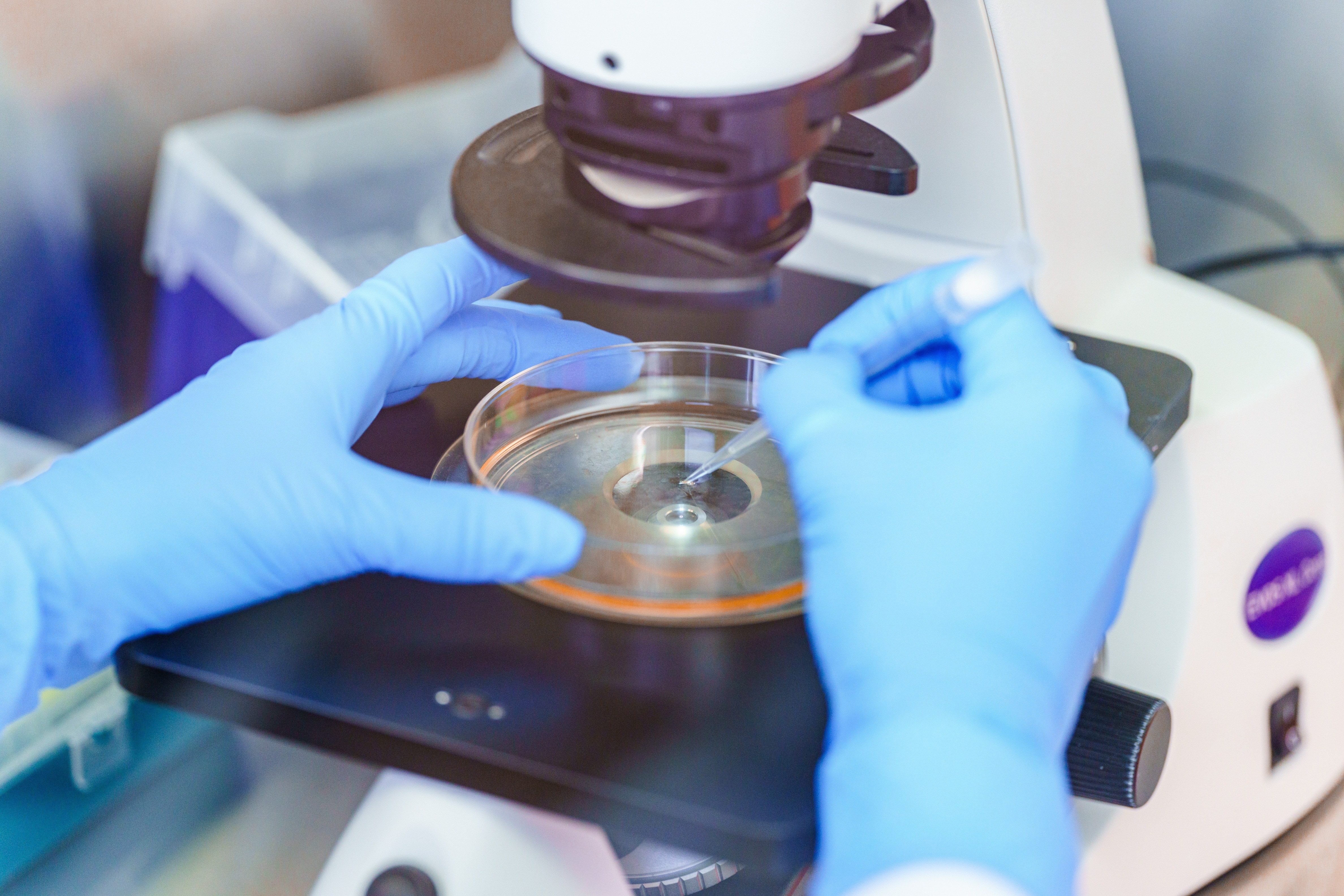May 25, 2022
QurAlis Presents at ALS Drug Development Summit 2022
Kasper Roet, Ph.D., founder and CEO, discusses new insights into human genetics and stem cell technology to provide genetically validated targets for sporadic ALS patient populations
Angela Genge, M.D., chief medical officer, presents clinical rationale for inclusion of well-validated pharmcodynamic biomarkers in ALS clinical trials
CAMBRIDGE, Mass., May 25, 2022—QurAlis Corporation, a biotech company developing breakthrough precision medicines for amyotrophic lateral sclerosis (ALS) and other neurodegenerative diseases with genetically validated targets, today announced that Kasper Roet, Ph.D., founder and chief executive officer (CEO) and Angela Genge, M.D., chief medical officer (CMO), will deliver presentations at the ALS Drug Development Summit being held May 24-26, 2022 in Boston, Massachusetts.
“The ALS Drug Development Summit brings together ALS experts, researchers, and industry leaders to discuss recent clinical developments, research and development trends, and breakthrough innovations to transform ALS drug development. Collaboration is vital to bring meaningful treatment options to patients and we look forward to sharing our research and expertise with the ALS community,” said Dr. Roet.
Details of the presentations are as follows:
Title: Exploring Electrophysiological Biomarkers of Diagnosis & Outcome in ALS
Presenter: Angela Genge, M.D., CMO, QurAlis
Date/Time: Wednesday, May 25, 2022 at 11:00 AM ET
In this presentation, Dr. Genge presents applications of electrophysiology as a biomarker of disease progression and how electrophysiology is used to track clinical disease progression and therapeutic efficacy. She will discuss enhancing repeatability in patients and investigating the potential of including electrophysiology-related biomarkers as primary outcome measures in ALS clinical trials.
“Biomarkers are critical to the successful development of therapeutics for patients with ALS. Electrophysiological techniques have been used in the clinical settings for confirmation of ALS for decades. These techniques are well validated, reproducible across raters, across patients, and between sites. I will be presenting the case for including these pharmacodynamic biomarkers as key outcome measures in ALS clinical trials to guide target engagement, dose selection, and ultimately determination of efficacy in pivotal trials,” said Dr. Genge.
Title: Harnessing New Insights into Human Genetics & Stem Cell Technology to Provide Genetically Validated Targets for the Sporadic ALS Patient Populations
Presenter: Kasper Roet, Ph.D., founder and CEO, QurAlis
Date/Time: Thursday, May 26, 2022 at 8:30 AM ET
TDP-43 is an RNA binding protein involved in regulation of RNA splicing. TDP-43 pathology and mislocalization from the nucleus to the cytoplasm has been described in nearly all ALS patients. TDP-43 normally regulates a number of genes in human motor neurons which degenerate in ALS patients leading to paralysis and death. In addition to nearly all ALS patients, TDP-43 pathology is also associated with other neurodegenerative diseases including frontotemporal dementia (FTD) which is the second most common form of dementia, Alzheimer’s Disease, and Parkinson’s disease. STATHMIN-2 (STMN2) is a well-known protein that plays an important role in axonal growth and maintenance and is the most significantly regulated gene by TDP-43 exclusively in humans. QurAlis and others have discovered that the rescue of STMN2 even in the presence of TDP-43 pathology is enough to restore neurodegenerative phenotypes including neuronal processes and Golgi transport.
In this presentation, Dr. Roet examines the emerging role of aberrant splicing in the development of ALS and highlights the need for human model systems to select the right therapeutic candidate molecules. Dr. Roet overviews research from human-induced pluripotent stem cell technology in combination with post-mortem tissue analysis of ALS patients, in which it was discovered that when TDP-43 mislocalizes out of the nucleus, genes are misspliced or misregulated which often leads to loss of function. He investigates genetically validated targets such as STMN2 in ALS patient-derived cells to develop precision therapeutics.
“Interestingly, mutations, repeat expansions, and nucleotide polymorphisms are already identified in a number of these genes in human GWAS studies, identifying them as ALS genes in rare to ultra-rare subforms of ALS such as STMN2 and TDP-43 itself. The genetic link to the disease hallmark TDP-43, highlights the importance of these presumed important disease drivers also for sporadic ALS patients and they can be considered double validated both through loss of function by genetics and TDP-43 pathology. For another gene, KCNQ2, coding for the protein Kv7.2, the use of human stem cell models identified a loss of function phenotype leading to hyperexcitability, degeneration of human motor neurons, and recently, an aberrant splicing induced by loss of TDP-43,” said Dr. Roet.
“The ALS-related genes regulated by TDP-43 are mostly conserved to humans and great apes and not dependent on TDP-43 in lower species such as rodents. It has really been the use of human stem cell technology that has allowed us to study the importance of these genes in human motor neurons and show how important they are for the development of ALS pathology. Mice do have value for assessing the functional impact of loss of such a gene as was recently exemplified for STMN2 (Eggan Neuron paper) leading to motor neuropathy which is at the core of ALS. Lastly, it is very important to take into account the strength of the regulation of these potential disease targets by TDP-43 as well as their functional importance in relevant cell types, such as motor neurons, for disease etiology to determine which are most likely to have a strong disease modifying impact,” he added.
The presentations will be available on the QurAlis website at the conclusion of the conference. For information about the ALS Drug Development Summit, visit www.als-drug-development.com.
About QurAlis Corporation
QurAlis is trailblazing the path to conquering amyotrophic lateral sclerosis (ALS) and other neurodegenerative diseases with genetically validated targets with next-generation precision medicines. QurAlis’ proprietary platforms and unique biomarkers enable the design and development of drugs that act directly on disease-causing genetic alterations. Founded by an internationally recognized team of neurodegenerative biologists from Harvard Medical School and Harvard University, QurAlis is advancing a deep pipeline of antisense oligonucleotides and small molecule programs including addressing sub-forms of ALS that account for the majority of ALS patients. For more information, please visit www.quralis.com or follow us on Twitter @QurAlisCo.



